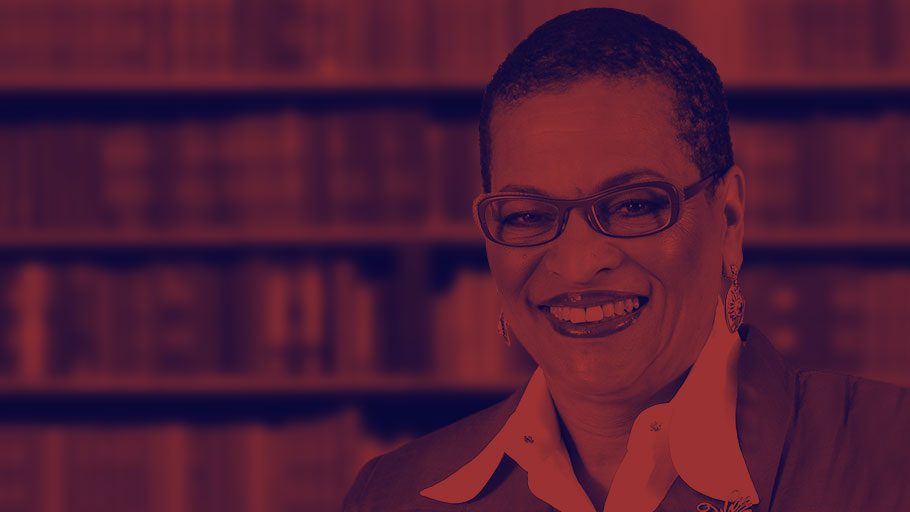Years ago, young people used to wear a wristband that said WWJD, or What Would Jesus Do? Today, we should have a real or imaginary wristband that says WWMD, or what would Martin Do. Why? On Dr. King’s birthday, January 15, liberals and conservatives invoked the name and memory of Dr. King. But what would he do today? Would he support legislators who are taking us to the brink of a government shutdown with programs that benefit women, children, and older people on the chopping block? Would he support restrictions on a woman’s right to choose? Would he appreciate the banning of more than 1600 books? Given his love for history, would Dr. King support state laws that prevent teaching about race? Given his appreciation for the beloved community, would Dr. King support attacks on Diversity, Equity, and inclusion? The people who tout Dr. King today must read him to be reminded of his commitment to justice and economic restructuring.
I claim Dr. King as an economist. In his Nobel Peace Prize acceptance speech, he said, “I have the audacity to believe that people everywhere can have three meals a day for their bodies, education, and culture for their minds, peace, and freedom for their spirits.” In his book, Where Do We Go From Here, he spoke of economic restructuring, questioning the very nature of the capitalist economy and saying, “If the world is two-thirds water, why do we pay water bills?”
What must you do to celebrate Dr. King? This is what Dr. King wrote in Where Do We Go From Here?
I choose to identify with the underprivileged. I choose to identify with the poor. I choose to give my life to the hungry. I choose to give my life to those who have been left out of the sunlight of opportunity. I choose to live for and with those who find themselves seeing life as a long and desolate corridor with no exit sign. This is the way I’m going. If it means suffering a little bit, I’m going that way. If it means sacrificing, I’m going that way. If it means dying for them, I’m going that way because I heard a voice saying, “Do something for others.”
People will be invoking Dr. King through January and February, but he is to be remembered through his words and our deeds. We can celebrate Dr. King by doing something for others through small acts and large ones, through activism and simple acts of kindness. And, more impactfully, we can celebrate Dr. King by considering the intractable nature of poverty and the things we can do to eliminate it. King wrote, “the curse of poverty is an abomination in our age. It is socially as cruel and blind as the practice of cannibalism at the dawn of civilization, when men ate each other because they had not yet learned to take food from the soil, or to consume the abundant animal life around them.” Those are strong words, totally appropriate words. We are cannibalizing our nation’s future with persistent poverty, especially when so many children are consigned to poverty.
The day after Dr. King’s birthday, Congress announced a bipartisan deal to expand the child tax credit. About 16 million children in low-income families will benefit, according to the Center on Budget and Policy Priorities. Democrats pushed hard for this, and had to agree to reviving some of the Trump tax cuts that had expired, including more tax deductions for businesses. Senate Finance Chair Ron Wyden (D-Ore) wants to pass this legislation before the end of this month, but Congress must first pass a budget to avert a government shutdown, schedule for January 19.
Conceding to business tax deduction extracts a high price, but keeping millions of childen out of poverty may be worth it. Even as the expansion of the child tax credit is a victory, it is important to note that it is a far cry from the economic restructuring that Dr. King called for. Few who celebrate King focus on economic restructuring. Indeed, when King called for restructuring he lost the support of foundations, government, and even many in the African American community. When he died, he’d lost much esteem. It took nearly 20 years to turn his birthday into a federal holiday.
What would Martin do? He’d keep fighting, keep trying, to restructure the economy and do something for others. He’d continue his bold attacks on a predatory capitalist economic structure. If we celebrate King, no only on his birthday, but throughout the year, we can do no less.















